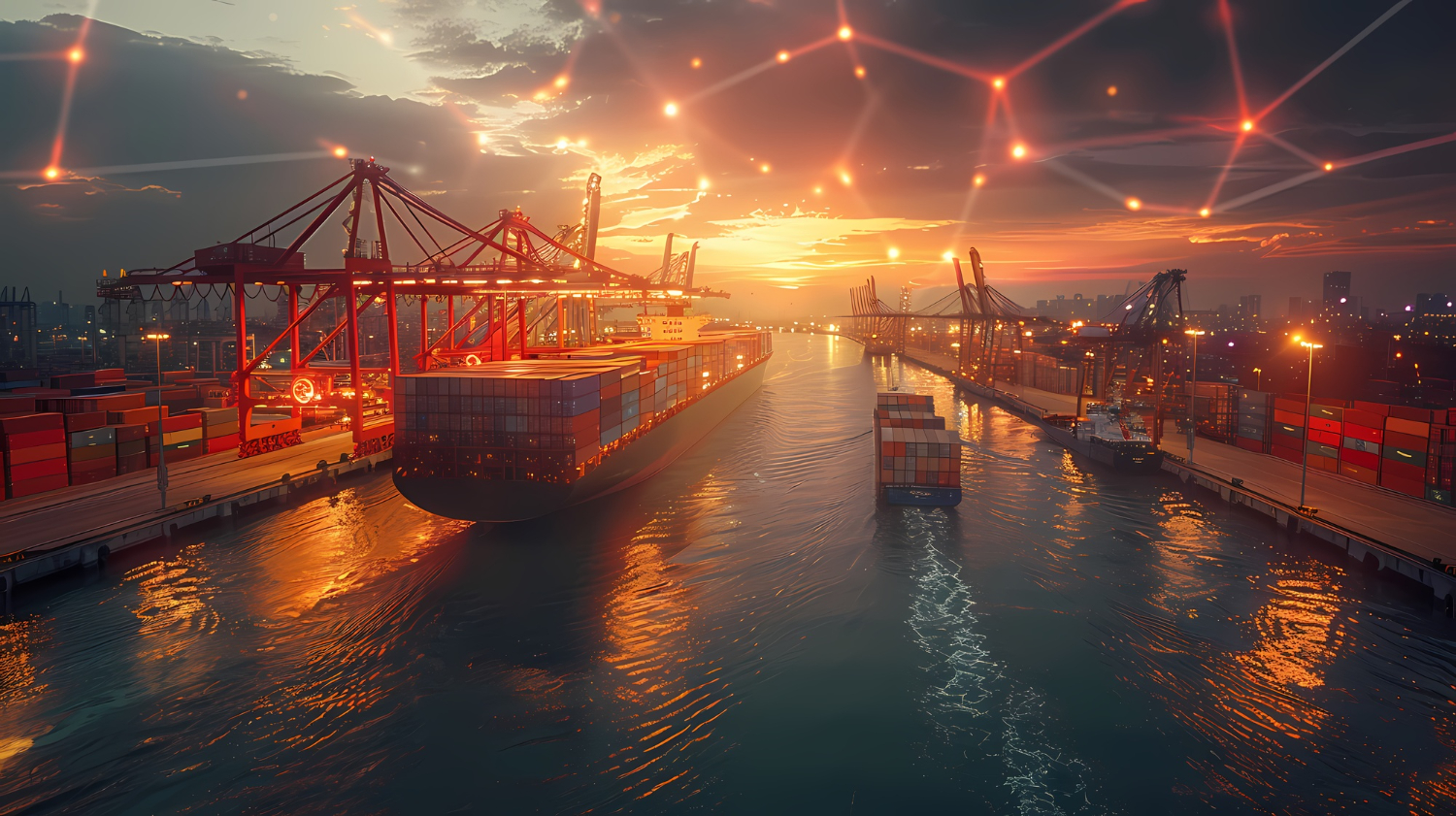Shipping, the backbone of global trade, is fast becoming a prime target for cybercriminals. Recent incidents from “man-in-the-middle” frauds and GPS spoofing to ransomware and state-backed interference underscore just how vulnerable this sector has become. For India, with major ports such as Mumbai, Nhava Sheva and Chennai and an expanding fleet of cargo and coastal vessels, the warning signs are flashing red.
When Ships Get Hacked
Cyberattacks on maritime assets can take many forms, each capable of inflicting significant damage. Fraudsters often intercept communications between port agents, shipping firms, and financiers, diverting payments or gaining access to sensitive data. Navigation systems can be spoofed, steering ships off course into dangerous waters. Onboard operational technology from engine controls to environmental sensors and fuel management systems may also be compromised, undermining safety and efficiency. Meanwhile, ports themselves are increasingly targeted by ransomware and data breaches, which can disrupt customs processes, stall cargo handling and paralyze trade flows. These incidents rarely stop at immediate losses; they trigger delays, reputational harm and rising insurance costs, pushing the total financial impact into millions of dollars.
Why India Is Especially Exposed
India’s shipping sector faces a mix of legacy vulnerabilities and emerging risks. Many domestic cargo vessels are 15 to 20 years old, with outdated operational systems patched together with newer technology. Such hybrid environments leave blind spots in cybersecurity, particularly at the interface between IT and OT systems. At the same time, Indian ports are racing ahead with digitisation: electronic Bills of Lading, IoT-based cargo tracking, and satellite internet have made operations more efficient but also widened the surface for attacks. While India has endorsed the International Maritime Organization’s 2021 Cyber Risk Management Code, implementation is uneven. Smaller operators, port agents and logistics providers often lack trained personnel, systematic audits or well-tested incident response plans. The stakes could not be higher: a major disruption at one of India’s leading ports would not only affect ship owners but could delay pharmaceutical exports, stall raw material imports, inflate supply chain costs, and ripple through the wider economy.
Risks Beyond the Obvious
The cyber threat to India’s shipping sector is not limited to operational losses. A breach anywhere along the logistics chain whether at a freight forwarder, customs agent or shipper, can damage the credibility of Indian exports in markets where traceability and secure data flows are becoming mandatory. Environmental and emissions sensors, now standard on many ships and port facilities, create a new attack surface; tampering with this data could jeopardize compliance with domestic and international standards or disrupt clearances at foreign ports. India’s growing reliance on satellite communications, including VSAT and Starlink, also introduces fresh exposure, as GPS jamming and spoofing could threaten safe navigation and timely delivery schedules. Despite rising ransom demands worldwide, many Indian shipping companies remain underinsured for cyber risks, underscoring the need for tailored insurance products that reflect the maritime sector’s unique exposure.
At the Cargo Corridors: Moving SMEs Forward conference, New India Assurance CMD Girija Subramanian highlighted this challenge, noting that ransomware or phishing attacks can cripple supply chains. She stressed that cyber insurance gives SMEs access to legal, forensic and recovery expertise they could not otherwise afford.
Building Maritime Cyber Resilience
Addressing these vulnerabilities requires a coordinated effort across regulation, technology, and industry practice. Cyber audits must become mandatory for ships and port terminals, focusing on navigation systems, communication modules and operational technologies. Compliance with international guidelines should be monitored rigorously, with clear penalties for lapses to ensure that cybersecurity is not treated as a box-ticking exercise. Crew members, port staff, customs house agents and shore-based logistics teams need regular training to recognize phishing attempts, manage credentials securely and spot anomalies in systems.
India must also invest in GPS resilience, including anti-jamming tools and spoofing detection systems, to protect vessels from being misdirected. Legacy shipboard systems require modernization and the interfaces between IT and OT environments should be fortified through encryption, segmentation, and secure communication protocols. At the same time, cyber insurance must evolve to cover not just financial losses but also reputational damage, helping companies weather the aftermath of attacks. Finally, a national framework for sharing threat intelligence between ports, shipping lines, regulators and CERT-In would allow faster detection of intrusions and better collective defences.
A Strategic Imperative
India’s maritime ambitions from the Maritime India Vision 2030 to its bid to become a global logistics hub depend on secure digital infrastructure. Protecting ports, terminals, shipping lines and inland waterways from cyber threats is as much about safeguarding trade sovereignty as it is about operational resilience. National maritime domain awareness systems already integrate radar, satellites and coastal surveillance; these must now incorporate a robust layer of cyber threat monitoring.
Cybersecurity in shipping should be viewed not as a cost centre but as a strategic enabler. Strengthening defences will lower insurance premiums, inspire investor confidence, protect exports, and reinforce India’s standing as a reliable trading partner. The surge in cyberattacks on global shipping is no distant storm. It is already lapping at India’s shores. With timely investments in detection, hardening, awareness and intelligence-sharing, India can transform this challenge into a competitive advantage. Ships that are cyber-secure will not just carry cargo they will carry India’s credibility across the world’s oceans.











